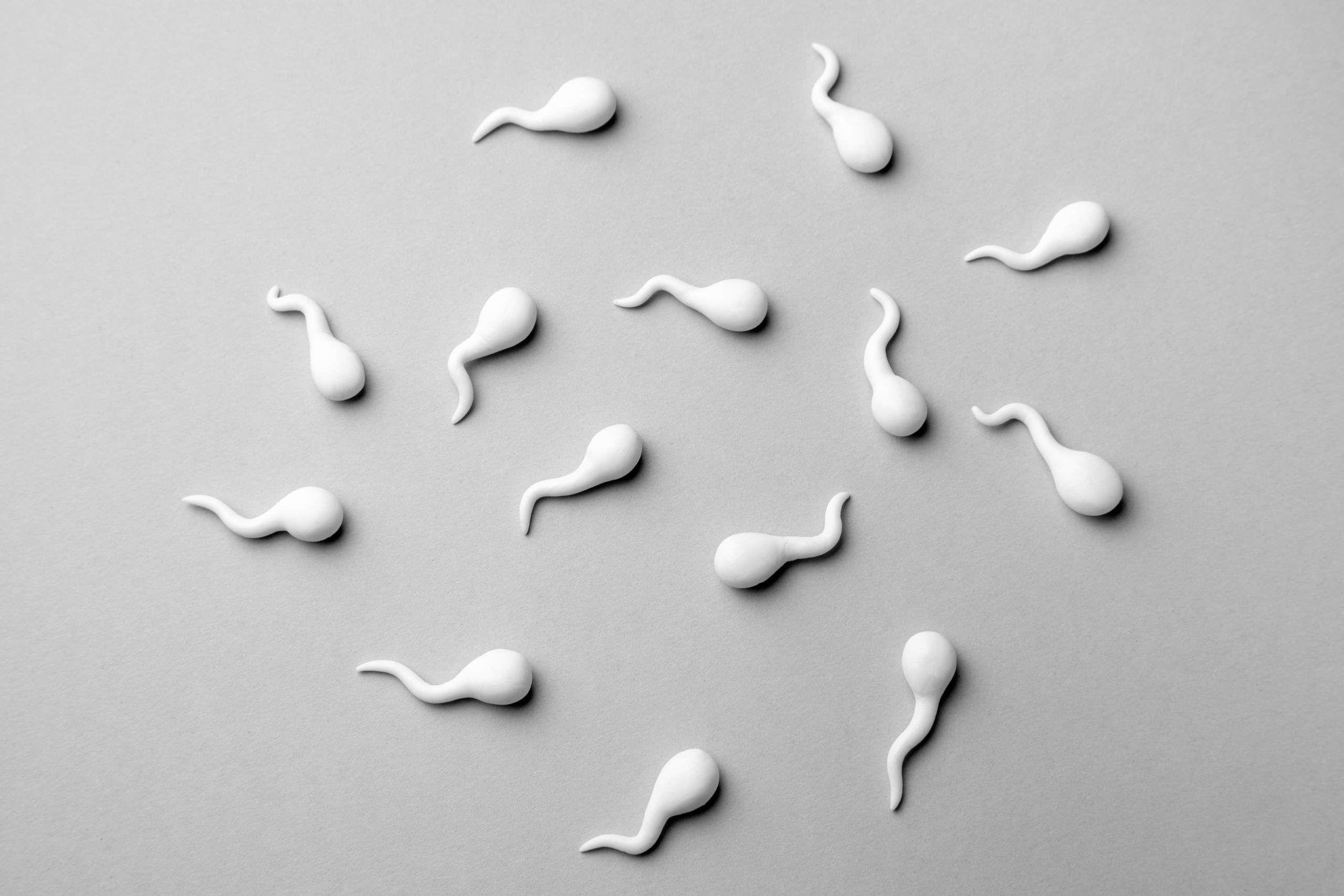Sperm can live from a few minutes to many years. This depends on many factors, including where it was ejaculated, and how fast it dries up or how it is stored. Understanding your sperm’s lifespan can help you and your partner on your way to conceive. In this article, we explore the factors that influence sperm longevity and what you can do to optimize your sperm health.
Sperm life cycle
Sperm is produced in the testicles and stored in the epididymis. When you ejaculate, sperm travel through the vas deferens and mix with other fluids to form semen, which is then expelled. At this point, your sperm is already up to around three months old.
If sperm is not ejaculated, it stays in the body for around 74 days, after which it is reabsorbed by the body.
If you’re trying to conceive, it can be helpful to abstain from ejaculating for a few days before intercourse. This allows sperm to build up in concentration, which can increase the chances of pregnancy.
How long does sperm live in a woman?
Immediately after ejaculation, sperm are deposited into the vagina. The acidic environment in the vagina can be hostile to sperm, but cervical mucus helps them travel towards the uterus. During ovulation, the mucus becomes thinner and more elastic, creating the ideal environment for sperm. Those that navigate their way successfully enter the uterine tubes and, if they encounter an egg, fertilization can occur.
Sperm live for two to three days in the vagina, and up to one week in the cervix.
There are multiple factors that affect sperm’s survival inside the body:
- Sperm quality: Your sperm’s health, including count, motility (the ability to move or swim efficiently through the female reproductive system) and morphology can influence how long it lives inside the body. You can get more information on your sperm’s health with an at-home sperm testing kit. The YO Home Sperm Test kit makes it really easy for men to learn about their sperm’s motility.
- Your partner’s reproductive health: Infections, hormonal imbalances, and other health issues can create a less favorable environment for sperm.
- Timing of Intercourse: As we’ve seen, sperm can survive for several days inside the female reproductive tract, but their chances of fertilization are highest when they encounter an egg shortly after ovulation.
How long does sperm live outside the body?
Sperm ejaculated into a condom can survive for a few hours. If sperm is ejaculated on fabric or skin, it will only live for a few minutes.
In a laboratory environment, sperm can be kept alive for at least a week. However, once they’re outside your body, sperm become far more vulnerable. Even when semen is collected and analyzed straight away, a 2021 study found that in about half of all samples, one out of five sperm was dead and one-third were not moving.
If the sperm cells are frozen after ejaculation, they can live for decades. No limit has been established for how long sperm can be frozen for, and multiple studies have found that the viability of frozen semen can be maintained for at least several decades, with one study showing that sperm stored for 40 years maintained its ability to result in live birth through intracytoplasmic sperm injection and in vitro fertilization (ICSI-IVF).
In Conclusion
Sperm can live anywhere from a few minutes to decades in the right environment. By understanding the factors that influence sperm survival and taking steps to optimize your reproductive health, you can better analyze your options and increase your chances of conceiving.







